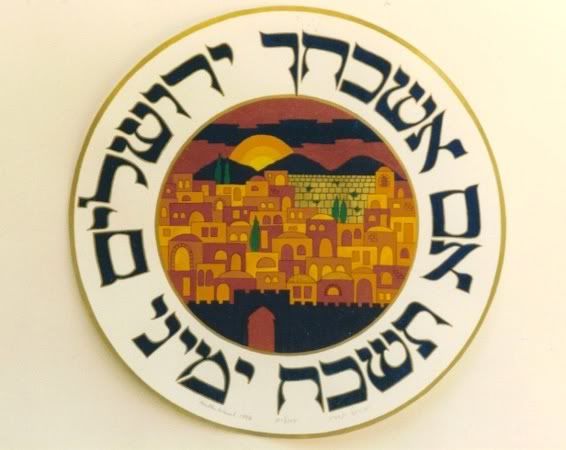This week's parsha is Mishpatim a parsha that begins V'ale Mishpatim to which Rashi comments is a list of mitzvot that God gives to B'nai Yisrael at Har Sinai. The first four commandments in the parsha (according to Rambam and Sefer HaChinuch) deal with the laws of the Eved HaIvri the Hebrew Slave.
This weeks Haftorah comes from Yirmiyahu and out of the 53 mitzvot in the Parsha the Haftorah only deals with Eved HaIvri. Why? It may be that it just happens to be the first laws in Mishpatim and and effort to connect the Parsha and the Haftorah.
Or, the Haftorah is trying to tell us the importance of these laws. As a friend of mine told me "There's nothing more important than how your treat your brother". I think she's right. It occurs to me that the legalization of slavery for Torah is a big deal, it can only be allowed in certain circumstances and under certain conditions. [Not like the slavery practiced in the United States until 1865 (when the Thirteenth Amendment was ratified) - though some Southern slave owners used the slavery from the Torah to justify their own slave owning].
Rav Hirsch writes:
He [God] decreed that the people were to rectify the slavery which they themselves had illegally imposed on their unhappy brothers and sisters.
There is nothing more important that how you treat your bother. The afflictions that are written about in Yirmiyahu are imposed because they were Ovarim et Briti ignored the covenant that they had just made with God.
There is nothing more important that how you treat your bother. That is the message of this weeks Haftorah. Good Shabbos.
